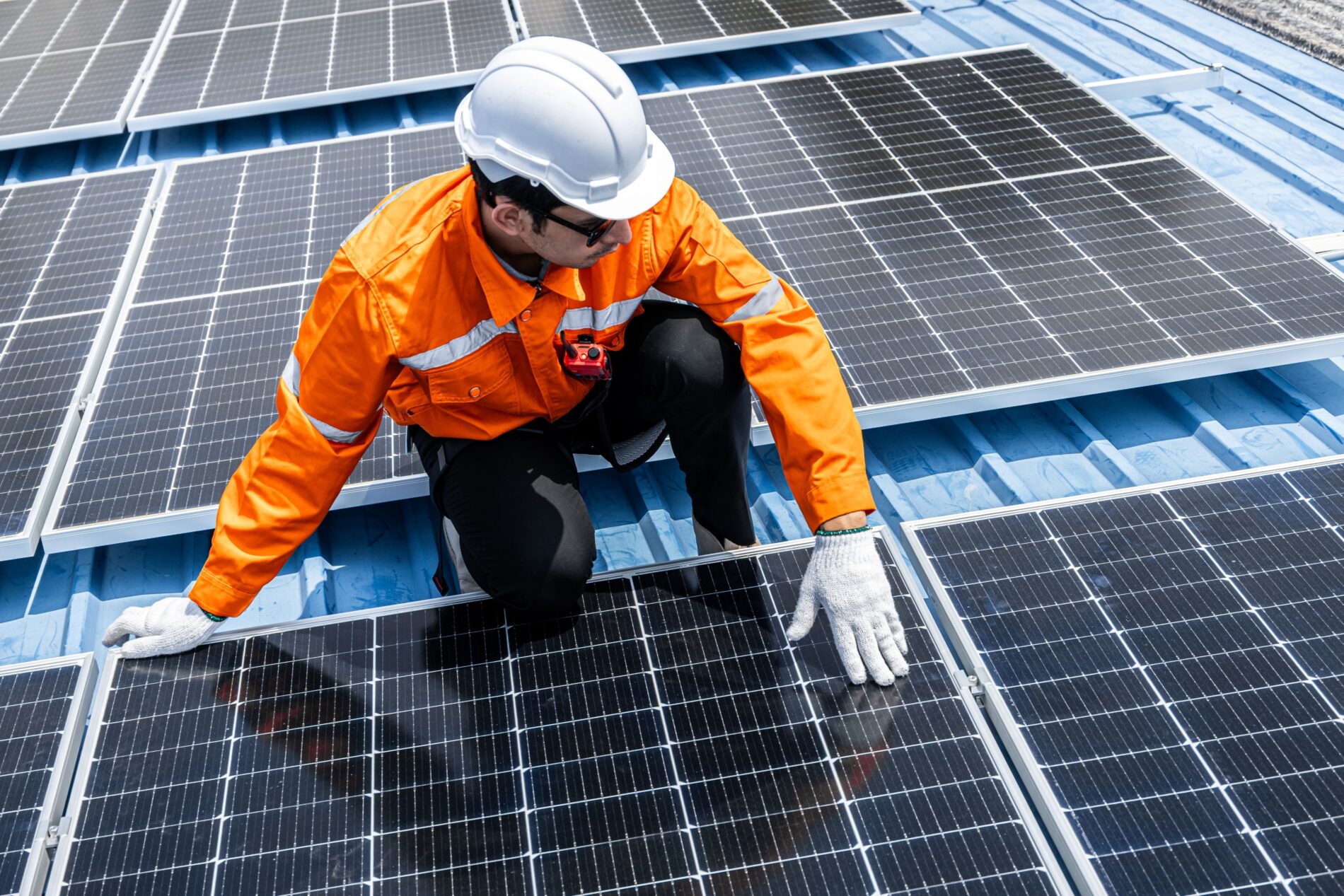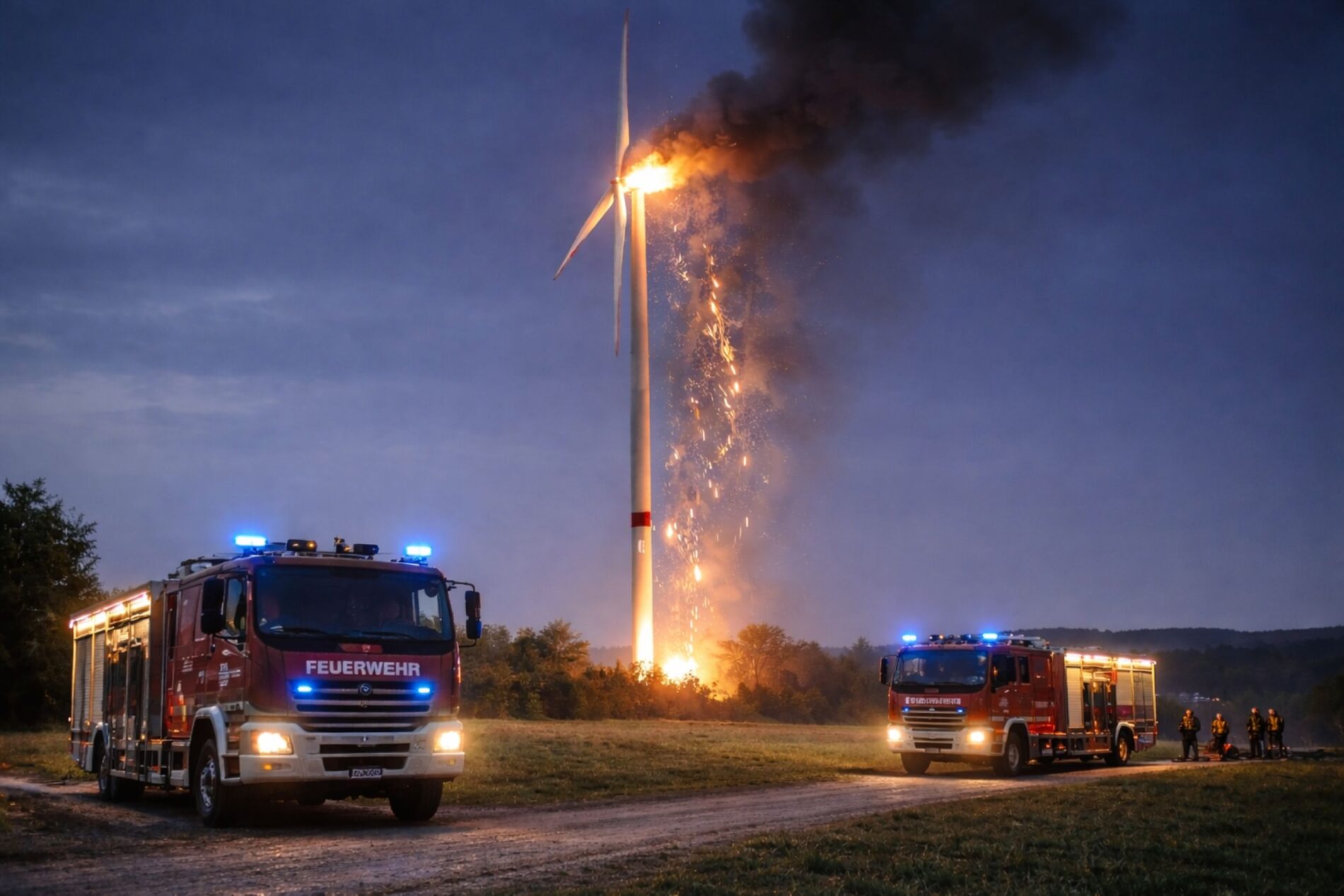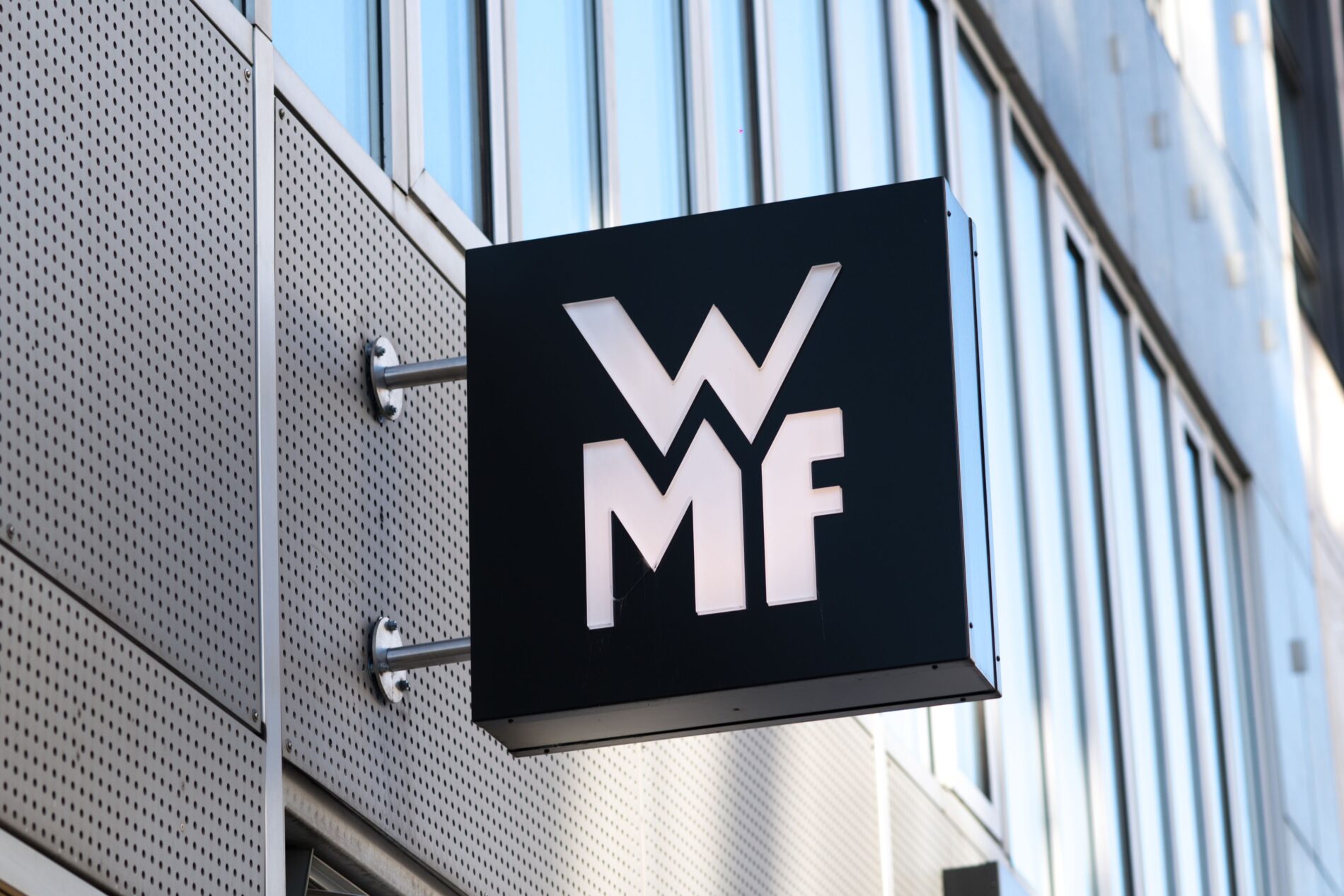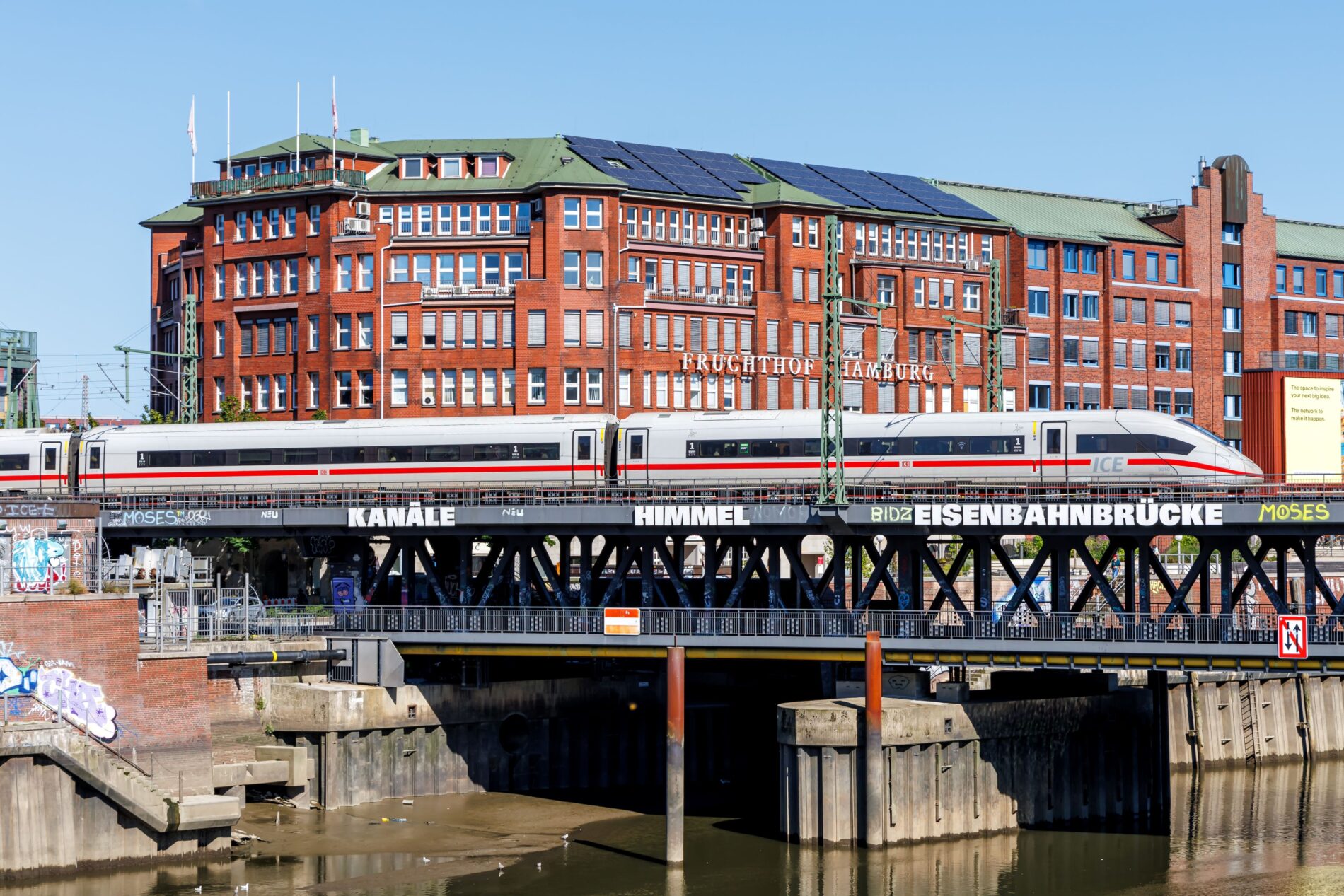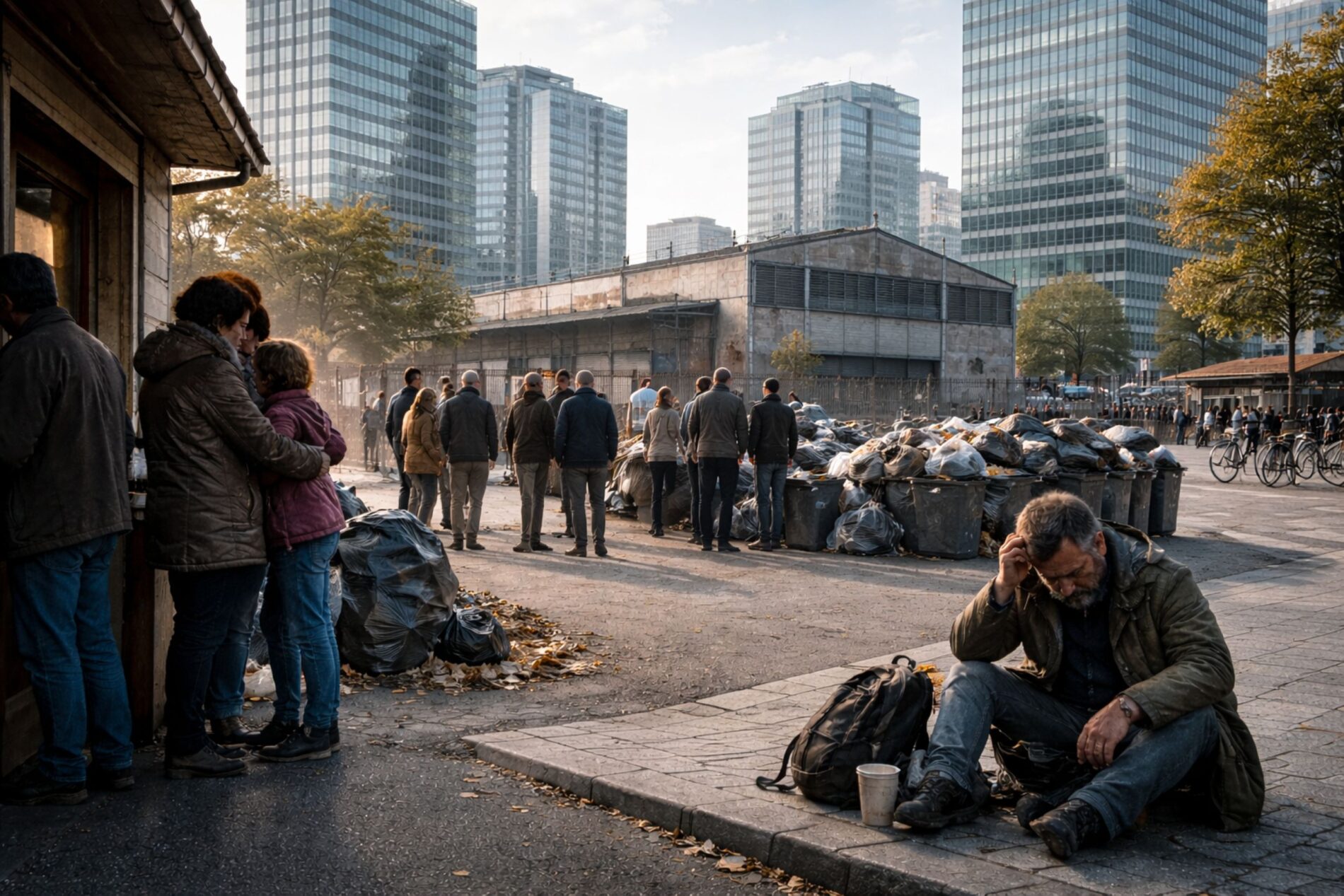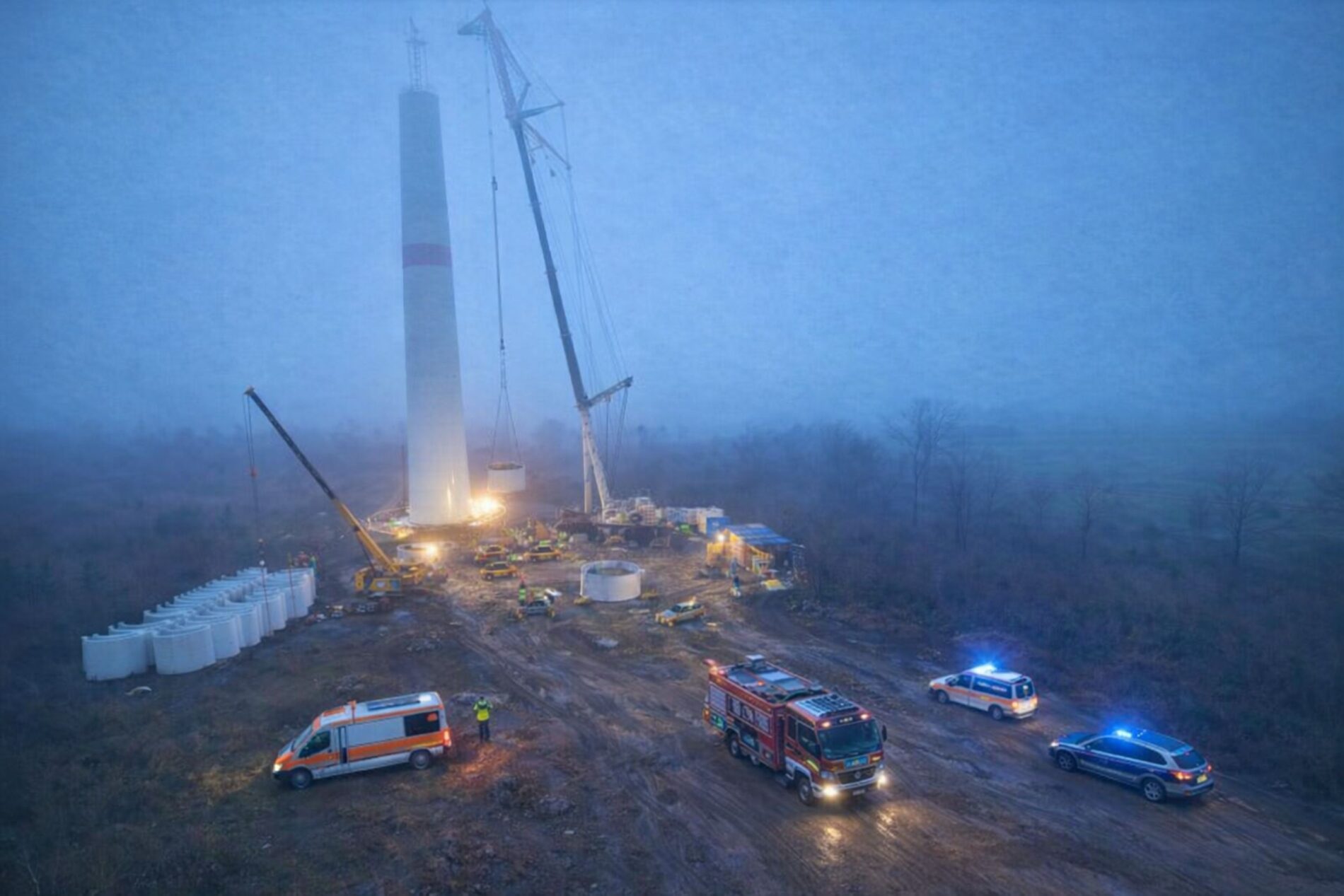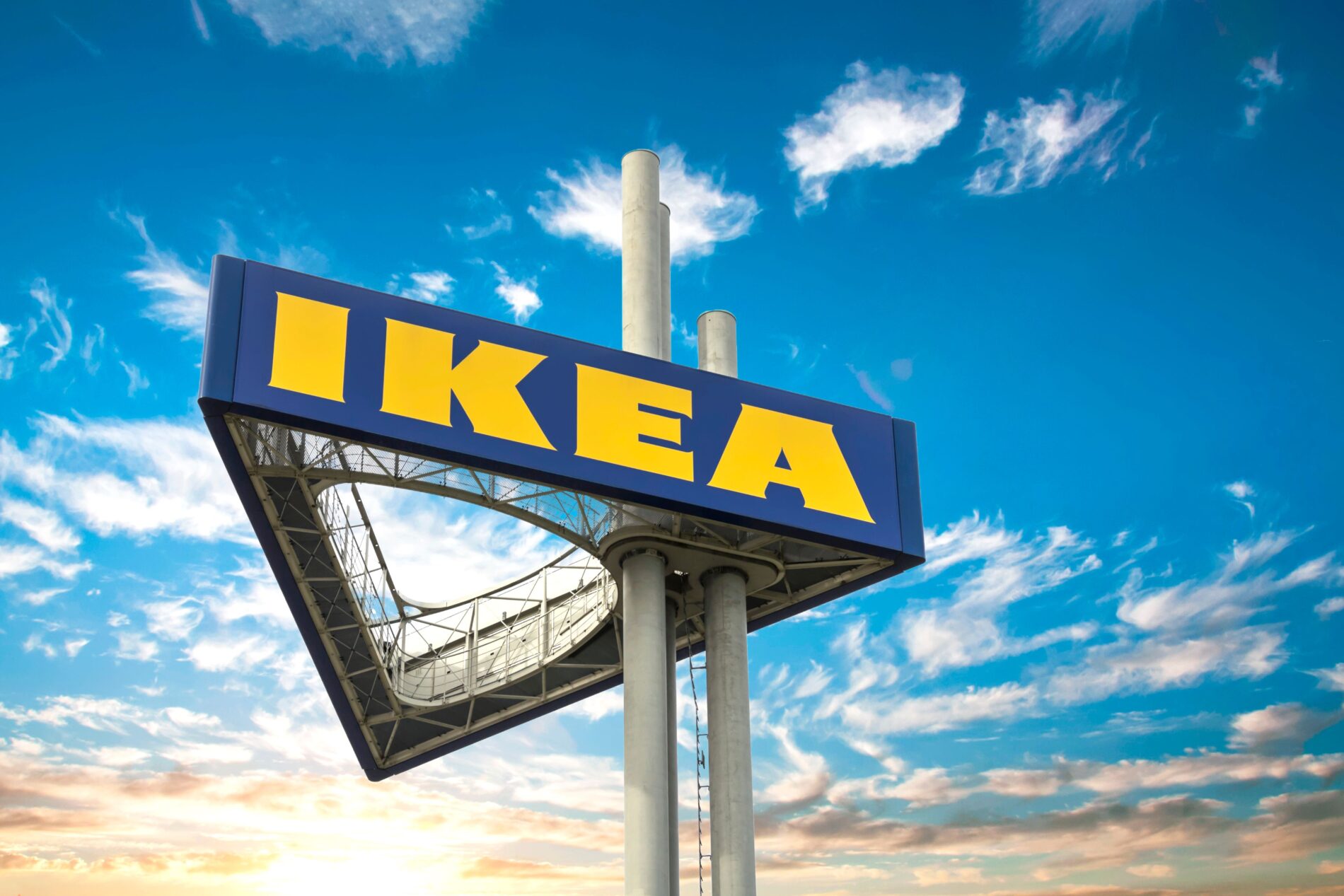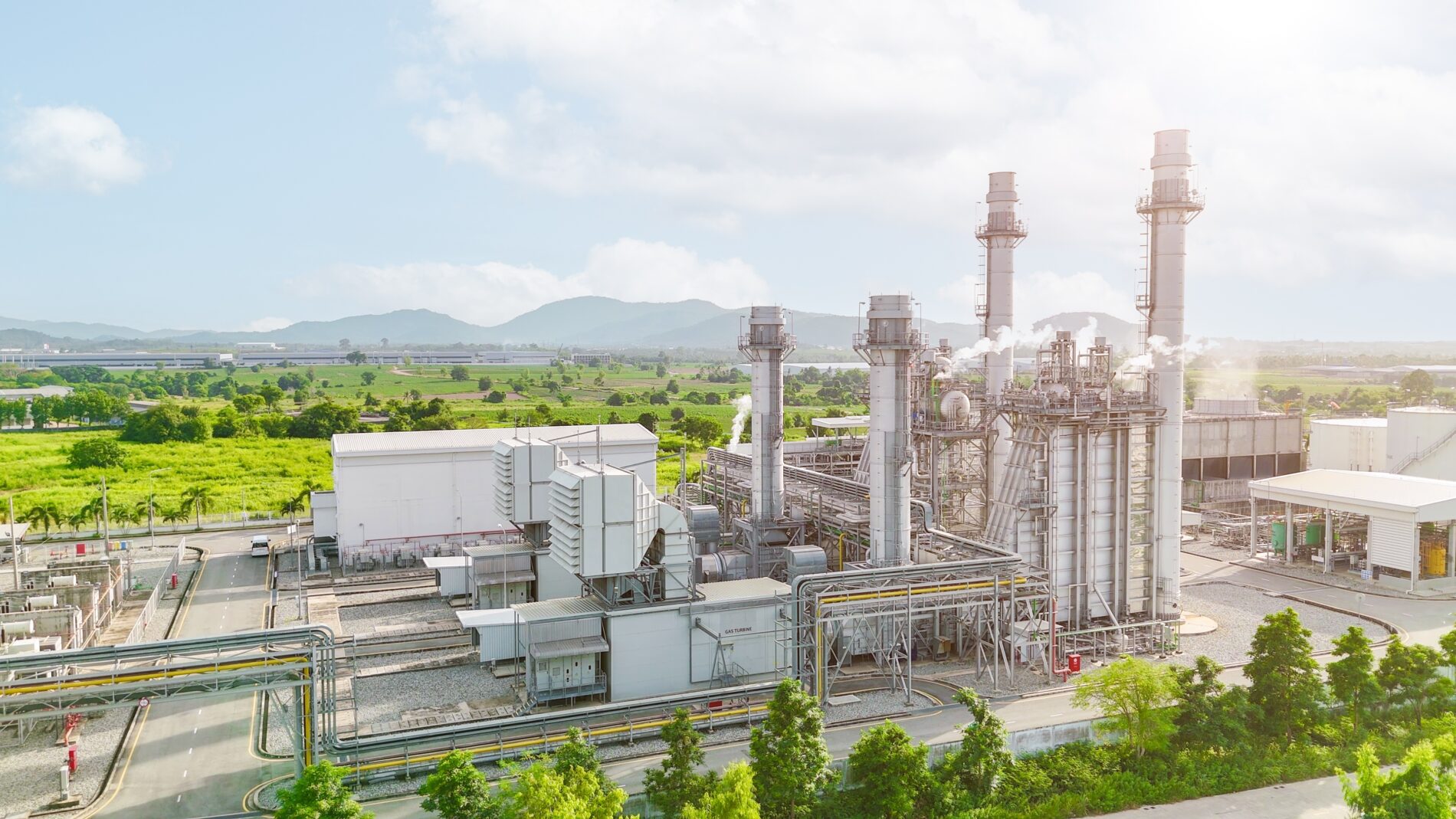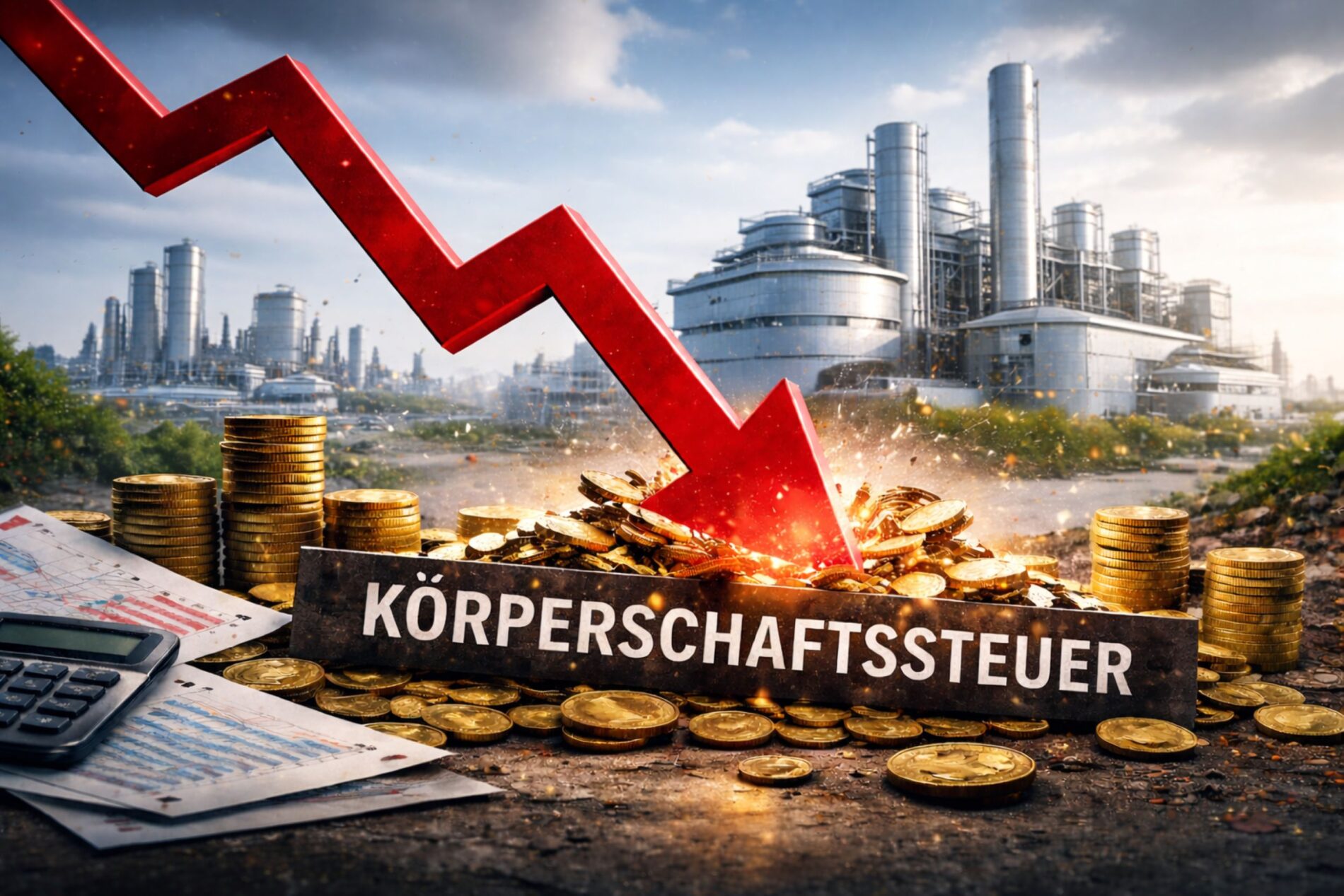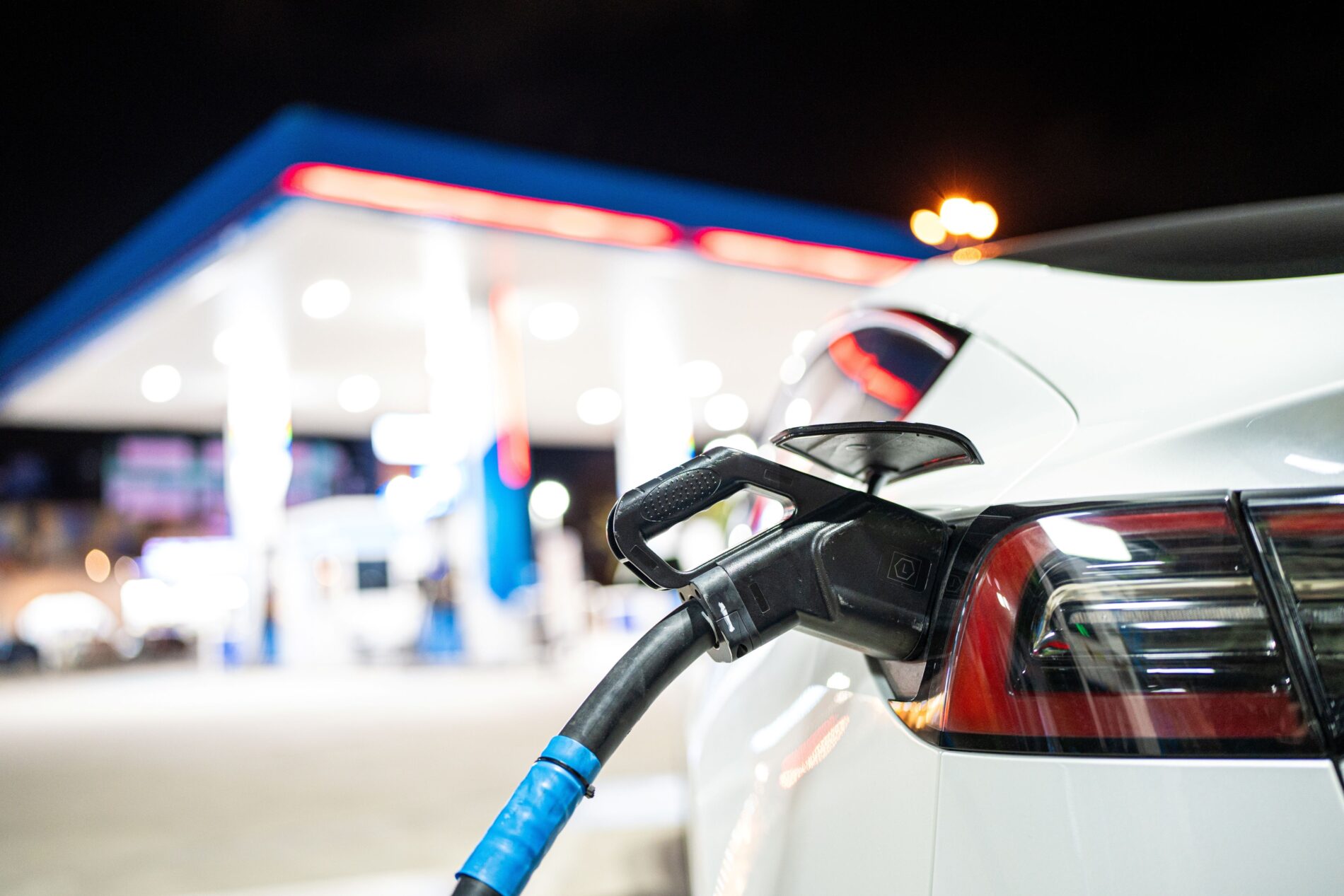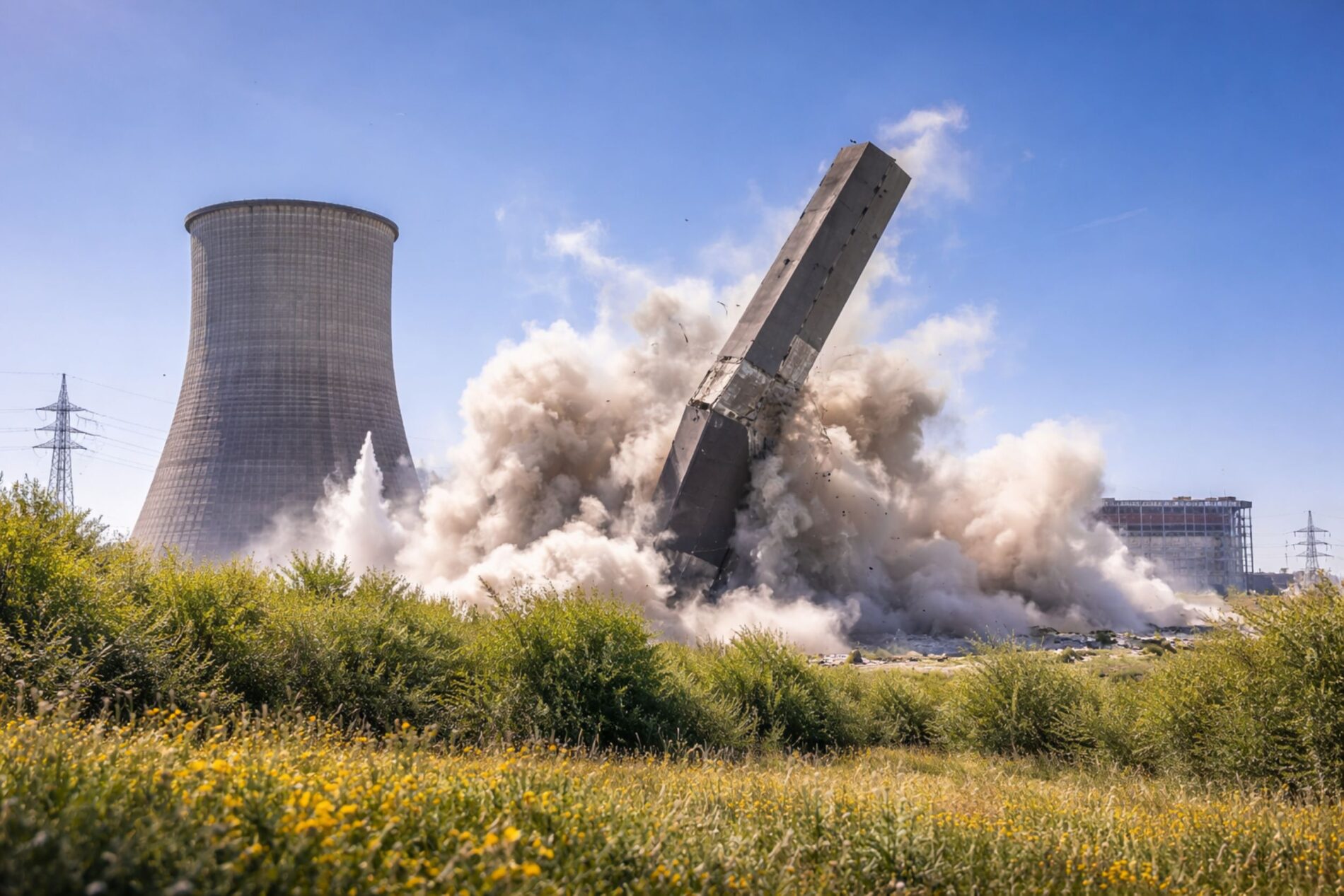EEG reform – government plans to end photovoltaic subsidies
The draft bill for the amendment to the Renewable Energy Sources Act (EEG) marks a potential shift in German energy policy: New private photovoltaic systems will no longer receive a fixed feed-in tariff. Their operators will be required to market their electricity directly on the open market. The German government justifies this move with significantly […]
EEG reform – government plans to end photovoltaic subsidies Read More »

